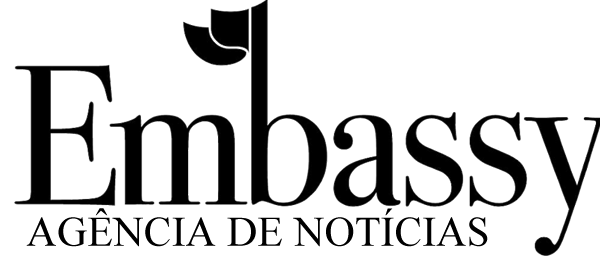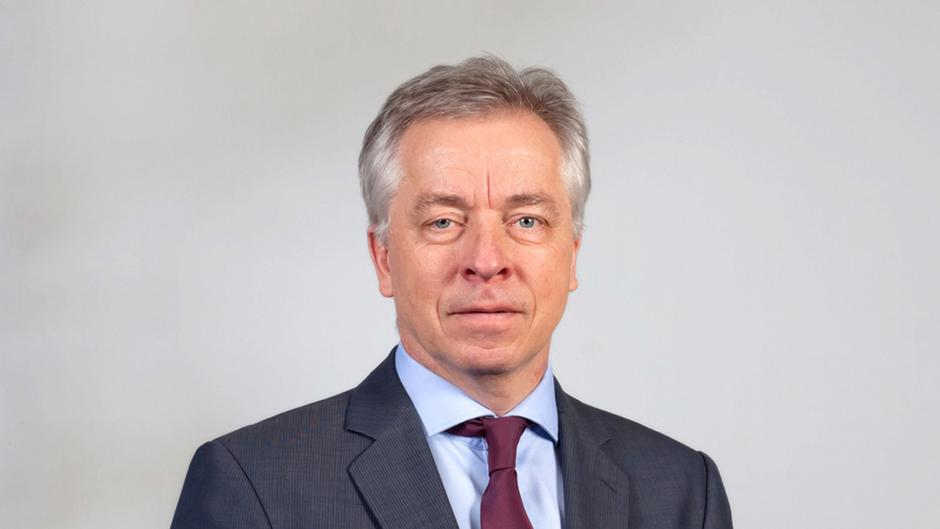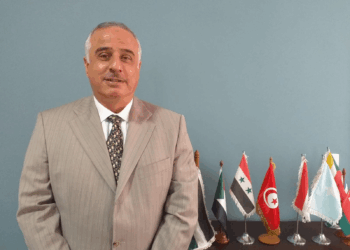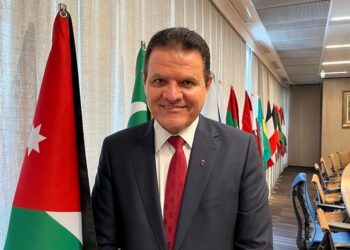Frank-Walter Steinmeier is to be the twelfth president of Germany. He said he wanted to encourage people in times of uncertainty. In that case, says Christoph Strack, he must show some courage himself.
Is there a particular term that can serve as a motto at the start of Frank-Walter Steinmeier’s German presidency? There was a word – concise, very ambitious – that kept recurring in his first speech after his election as Germany’s new head of state: courage. Steinmeier concluded this speech by saying: “Let us be courageous, then I do not fear the future.”
On March 19 Steinmeier will succeed Joachim Gauck, becoming the twelfth president of Germany. Steinmeier’s motto – courage – follows on from Gauck’s guiding principle, which was: freedom. Steinmeier, then, wants to encourage people. He himself highlighted the context for this in his speech: he referred to the spread of uncertainty among people in Germany, as well as concerns for democracy, and stated: “The world seems out of joint.”
If the 61-year-old president wants to encourage people, he can’t just make it about promoting an open society. No: Steinmeier must also make a contribution towards closing the gap between “politics” and “them” – those who see themselves as being outside the system. It may be possible for a German president to reach the people whom politics can no longer reach. If, however, he is to be an encourager, Steinmeier needs to choose his words less diplomatically, less aridly, with – yes – more courage than he did during his time as Germany’s chief diplomat.
As a former minister, Gauck’s strength was, and is, that his words – often strong ones – stick in your mind. This is the level Steinmeier too must attain, if, as he said in the run-up to the election, he wants to make a contribution towards “saving common sense in democracy.” If he is to reach this level, he needs to up his game considerably, especially in big, official speeches. For this too, we can – we must – wish him courage.
Have something to say? You can leave a comment below.






